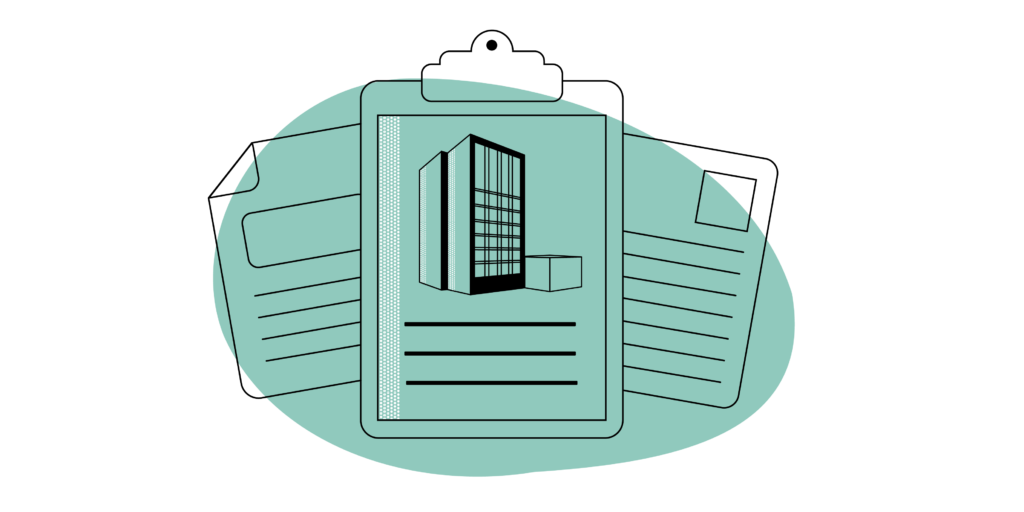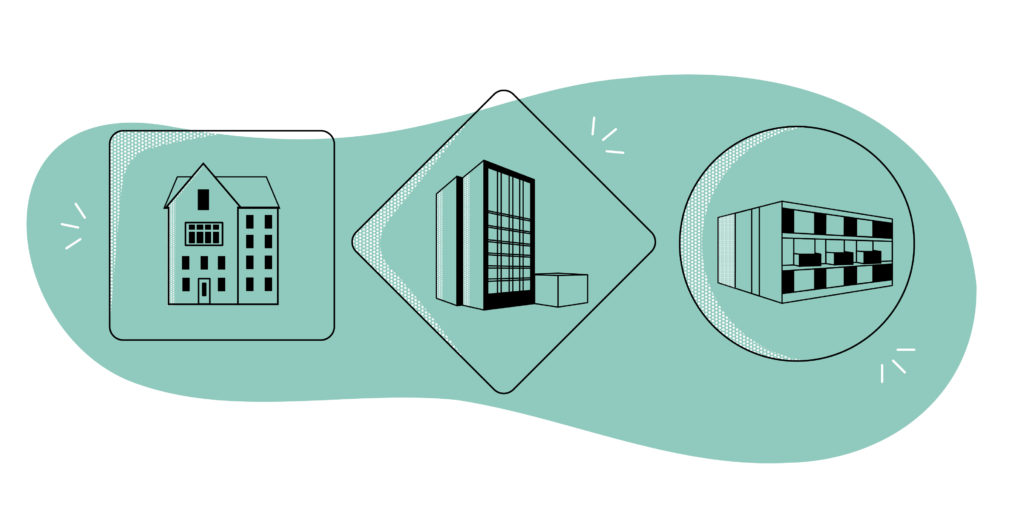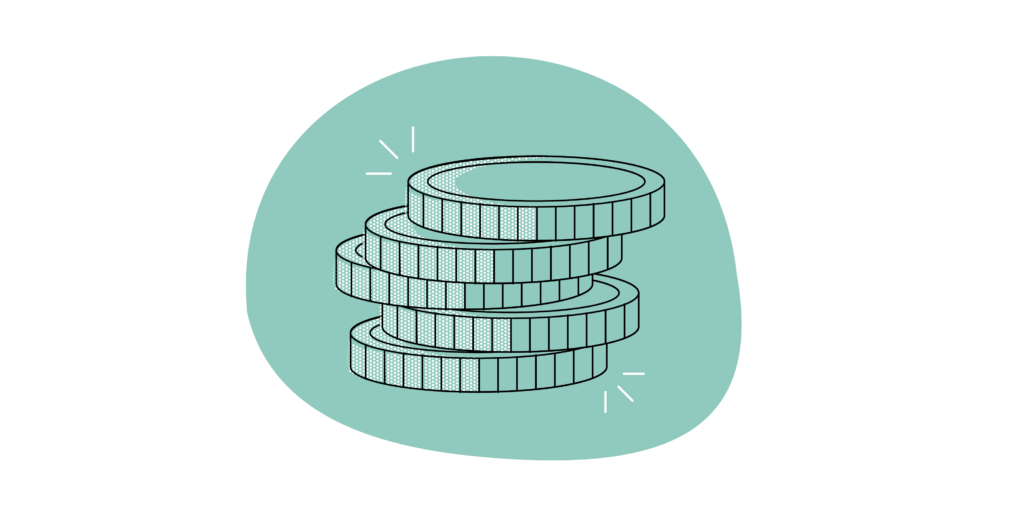
When buying a home, the mortgage will likely be your largest monthly expense. Mortgage insurance reduces the risk of losing your home, for example, if you’re unable to make the repayments due to unemployment. If you’d like to learn more about insurance, this guide can help. Learn about the different types of mortgage insurance and other alternatives.
What is mortgage insurance?
Mortgage insurance, also known as mortgage payment protection insurance (MPPI), offers peace of mind and financial security. It helps you with your mortgage payments in times of need, such as illness or unemployment.
Sometimes, it will be the exact amount to cover your mortgage payment (if your mortgage payments are no more than 65% of your monthly gross salary). However, this can vary depending on the policy.
Insurers are likely to offer one of the following:
1. Payments based on your salary
2. Payments based on your mortgage
3. Payments based on your mortgage plus bills – typically around 125% of your mortgage value

Do I need mortgage insurance?
Whether you need mortgage insurance depends on your circumstances, existing insurance coverage and your risk tolerance. However, it’s important to consider how you’ll pay off your mortgage if you become unemployed or can’t work due to illness or injury.
Different types of mortgage insurance
There are several types of mortgage insurance, each with different features and priorities.
Unemployment only
This type of mortgage insurance only pays out if you become unemployed through redundancy.
Accident and sickness only
This only pays out if you have a long-term illness or an accident which prevents you from working.
Unemployment, accident and sickness
This is the most comprehensive type of mortgage insurance and pays out if you’re made redundant, have an illness or have an accident.

How long will my mortgage insurance pay out for?
The duration of your mortgage protection insurance payout depends on your policy. Typically, these policies are designed to cover periods when you’re unable to work rather than serving as a permanent replacement for your income. As a standard practice, most policies provide payouts for either 12 or 24 months or until you’re back at work.
Is there anything else I need to know about mortgage insurance?
It’s important to be aware of exclusion periods and waiting periods, which are included in most mortgage insurance policies.
• Exclusion periods: The time immediately after taking out your policy when you won’t be covered. Usually, you’ll need to wait a few months before making a claim. For unemployment coverage, this prevents individuals who know they’re going to be made redundant from taking out a policy and claiming immediately.
• Waiting periods: The number of days you must be off work before you can make a claim. The waiting period usually ranges from 30 to 180 days. Usually, the longer the waiting period, the lower the premium.

Alternatives to mortgage protection insurance
Mortgage insurance isn’t the only option; there are other types of coverage you can get to help you pay for your home.
Mortgage life insurance
Mortgage life insurance provides a lump sum payout to cover your mortgage if you pass away during the policy term. Be aware that the payout amount decreases as you pay off more of your mortgage debt.
Income protection insurance
Similar to accident and sickness-only mortgage cover, income protection insurance covers you financially if you’re unable to work due to illness or injury. There are different types of income protection insurance, including short-term and long-term options, which can also cover additional living expenses.
Critical illness cover
This type of life insurance provides financial support if you’re diagnosed with a serious illness. The specific diseases covered vary depending on the policy and provider.
FAQs
-
Mortgage insurance costs vary based on individual circumstances and policy specifics. Factors like age, salary, job risk and medical history contribute to the cost variation.There are many competitive policies available, so it’s a good idea to get quotes from different providers.
-
While lenders don’t require mortgage insurance, you must ensure you can cover your monthly payments if you’re unable to work due to accidents, sickness or unemployment.
-
Safeguarding your home against unforeseen risks is crucial. None of us know what the future holds, so it’s advisable to have a backup plan to cover mortgage repayments.
-
While your mortgage lender may offer insurance, it’s wise to explore other options. Comparison sites can help you find the best available deals for your circumstances.
-
Most mortgage insurance policies don’t cover the following:Unemployment
- If you’re sacked from your job
- If you take voluntary redundancy
- If you’re made redundant during the exclusion period
- If you refuse an alternative role from your employer and leave
- If you’re aware of impending redundancy before taking out a policy
Illness and injury- If your injury is self-inflicted
- If you choose medical treatments or surgery
- If you can’t work because of alcohol or drug abuse
- If you’re pregnant or giving birth (exceptions for medical complications)
- If you have any pre-existing medical conditions before taking out a policy
